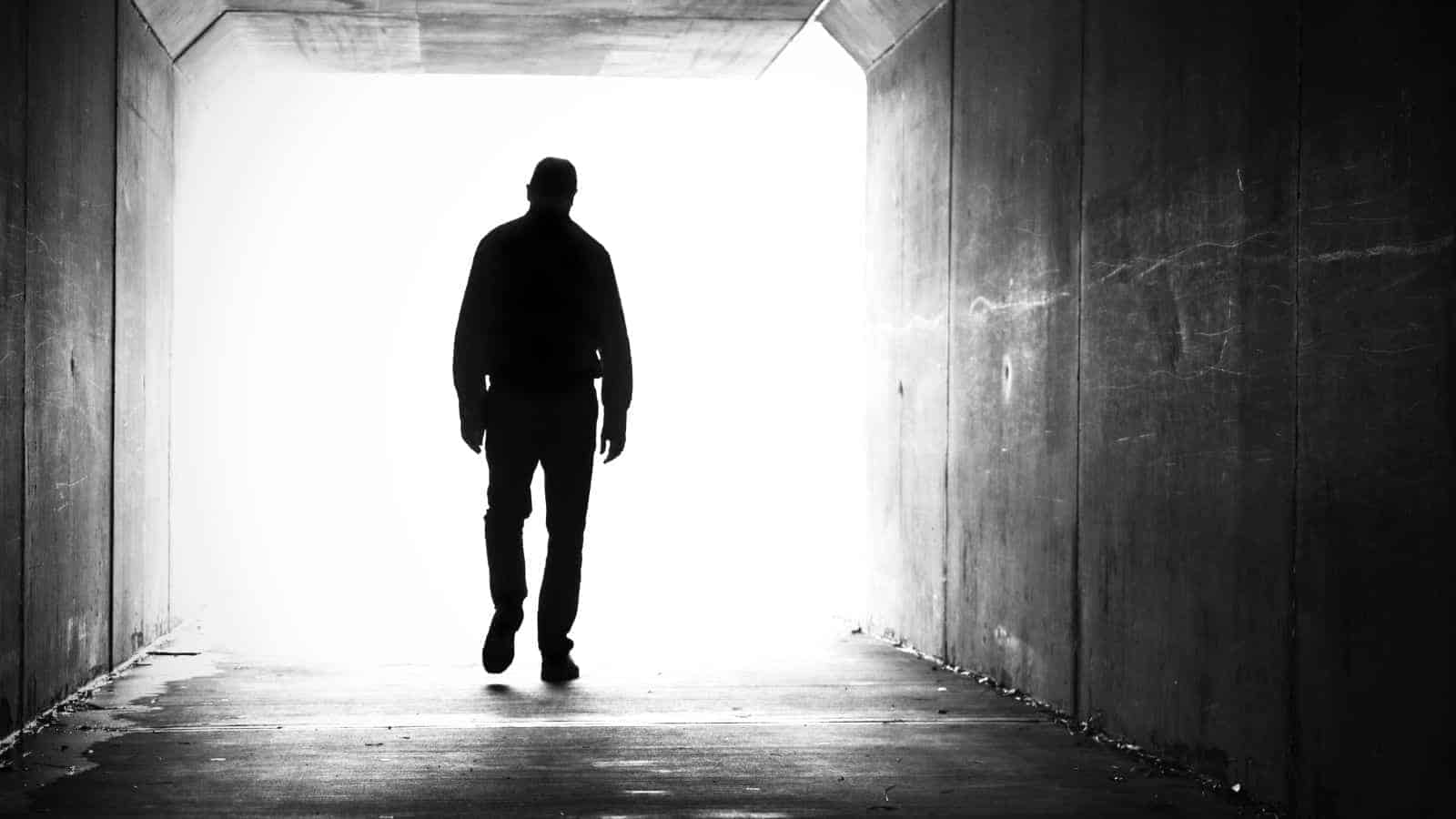Certain religious practices remain stubbornly rooted in the past, often sparking controversy and debate and raising questions about tradition, ethics, and human rights. Some cling to their cultural significance, while others are viewed as outdated relics of a bygone era. Here are 17 religious rites that are still common today but maybe shouldn’t be.
Animal Sacrifice

Cutting the throat of a harmless animal for the sake of a religious ceremony now seems callous to most. But it is still practiced and even protected by law. Justia states that “the Free Exercise Clause protects animal sacrifice that is performed as a religious ritual unless the government can show a compelling countervailing interest.”
Forced Conversion

The act of coercing someone to adopt a different religion against their will is a grave violation of human rights and religious freedom. It often involves threats, intimidation, violence, or social pressure to compel individuals to renounce their existing beliefs and embrace a new faith. The psychological and emotional trauma inflicted on victims can be severe.
Self-Flagellation

This practice, still common in Shia Muslim and Christian communities, involves whipping oneself. Often associated with signs of mourning and roots surrounding a doctrine of mortification of the flesh, it is criticized for its potential harm and focus on physical pain. But it has been a difficult rite to diminish; even “the late Pope John Paul II would whip himself,” the BBC reported.
Dowry System

The tradition of the bride’s family presenting a dowry to the groom’s family persists in some cultures. Although it is outdated and potentially burdensome for the bride’s family, social pressures, a fear of ostracism, and a lack of alternative financial options can make it difficult to abandon the practice, even for those who see its flaws.
Female Circumcision

A deeply ingrained practice in some cultures, female circumcision raises serious health concerns and questions about bodily autonomy. Efforts are underway to promote education and alternative rituals. The World Health Organization said, “More than 230 million girls and women alive today have undergone female genital mutilation (FGM).”
Arranged Marriages

Arranged marriages still persist in some cultures due to a mix of tradition, practicality, and social pressure. However, critics argue they remove personal choice and can lead to unhappiness. Modern adaptations involve meetings between couples to ensure some level of consent, but the pressure to conform to societal expectations remains a significant factor in why arranged marriages continue.
Stoning

Stoning was attested in the Old Testament as punishment for blasphemy, crimes, and worship of idols other than God. Although not common, it is still practiced in some countries that have Islamic law as part of their justice system. The Guardian reports that the “Taliban’s announcement that it is resuming publicly stoning women to death” was met with horror by the international community.
Ritualistic Fasting

Practiced across religions for millennia, it goes beyond simple hunger. It’s a deeply symbolic act of self-denial and purification. By abstaining from food or drink, participants aim to achieve a higher spiritual state. However, critics argue that extreme fasting can be unhealthy, and the focus on deprivation might overshadow the true purpose of spiritual growth.
Firewalking

A ritual spanning cultures and centuries involves walking barefoot across hot embers or stones. Often seen as a test of faith, courage, or purification, it holds diverse meanings in different traditions. Despite its cultural significance, firewalking raises ethical concerns due to potential burns and injuries.
Gender Discrimination

Rooted in historical interpretations and cultural norms, gender discrimination manifests in various forms, from barring women from leadership roles or sacred spaces to prescribing different rituals or attire based on gender. Such practices often perpetuate inequality and deny women influence within religious communities.
Religious Indoctrination

Forcefully indoctrinating beliefs, particularly in minors, without allowing them to develop their own alternative perspectives raises significant concerns. While teaching faith is essential for many, the line blurs when it becomes indoctrination. The ethical implications of indoctrination, particularly for children, are profound.
Piercing Rituals

The insertion of jewelry through various body parts often symbolizes devotion, sacrifice, or a rite of passage. While some cultures view these practices as sacred and transformative, concerns arise over safety, hygiene, and potential health risks. The act of piercing can lead to infection and scarring if not performed properly.
Shunning

Social exclusion within a religious community serves as a form of punishment or to maintain control. It involves severing ties, communication, and even familial relationships with the shunned individual. Shunning can inflict severe emotional and psychological distress on the targeted person, leaving them feeling ostracized and abandoned.
Ritualistic Drug Use

Psychoactive substances are used to facilitate spiritual experiences, connect with the divine, or achieve altered states of consciousness. These substances can range from natural plants like peyote or ayahuasca to prepared concoctions with specific ingredients. While some cultures view these practices as sacred, there are concerns about potential abuse, health risks, and legality.
Venomous Snake Handling

Snake handling is a religious practice found in some Pentecostal churches, primarily in the United States. It’s based on a literal interpretation of Mark 16:18, which mentions believers handling serpents without harm. However, this practice has resulted in numerous snake bites, injuries, and even deaths. While some snake handlers claim divine immunity, the risks are undeniable.
Sleep Deprivation

This practice involves intentionally depriving yourself of sleep for extended periods, often as a form of penance, purification, or spiritual discipline. However, sleep deprivation can have serious consequences for physical and mental health. It can impair cognitive function, weaken the immune system, and increase the risk of other severe psychological issues.
Isolation and Confinement

Prolonged confinement can lead to depression, anxiety, and even hallucinations. It can also create an environment where vulnerable individuals may be susceptible to manipulation or abuse. Ensuring that individuals have the freedom to choose and leave isolation is essential for ethical and responsible religious practices.
Up Next: 18 Cities in the US That Are So Bad You Won’t Want to Visit

While there are many beautiful cities in the U.S. that are well worth a visit, there are also some that you may want to avoid. This is largely due to high crime rates or issues with quality of life. Here are 18 U.S. cities that you won’t want to visit.
18 Cities in the US That Are So Bad You Won’t Want to Visit
19 American Cities That Disappoint Visitors So Much They Wish They Never Went

The United States is a vast country with over 109,000 cities and towns and many popular tourist hotspots, promising visitors fascinating history, famous landmarks, natural wonders, impressive architecture, and cultural delights. But not every city lives up to the hype! Here, we explore 19 American destinations that often leave visitors underwhelmed.
19 American Cities That Disappoint Visitors So Much They Wish They Never Went
19 Signs That Say You’ve Officially Entered Old Age

Old age comes for us all, though we do our best to resist it for as long as possible. But aging isn’t only gray hair, wrinkled skin, and yelling at kids to get off your lawn. Here are 19 signs you’ve realized you’re no longer the young stud you once were!
